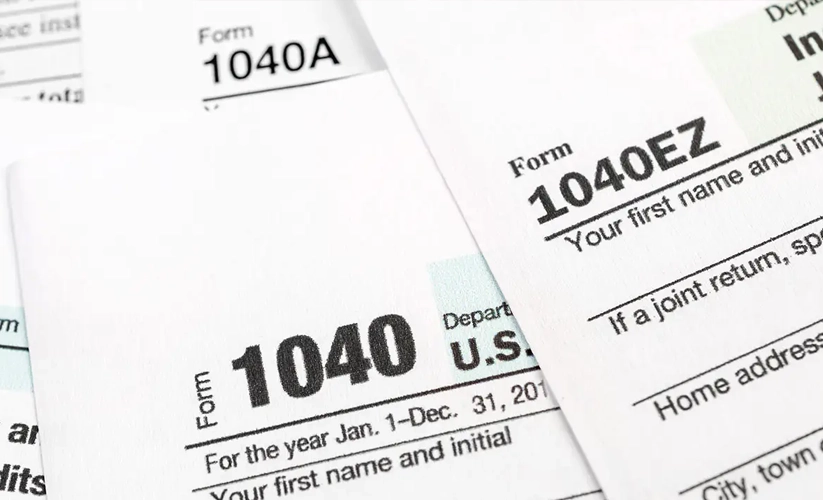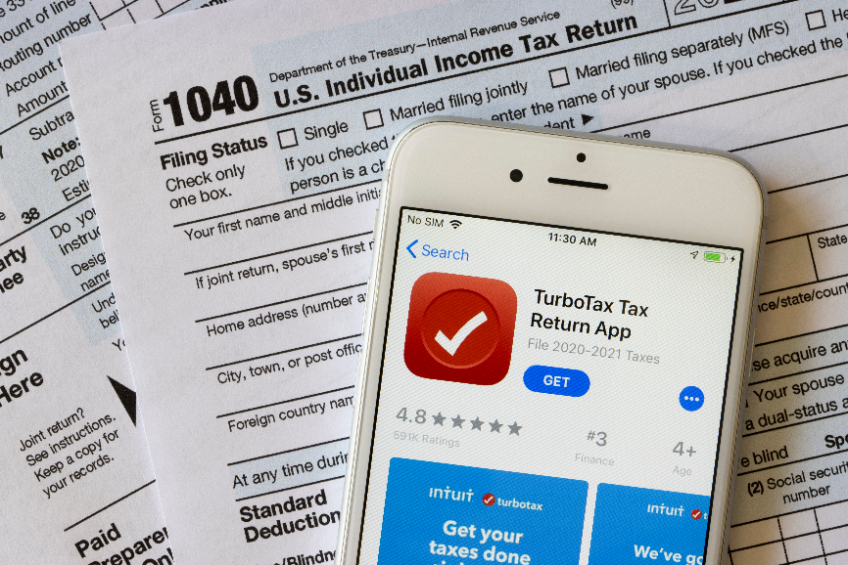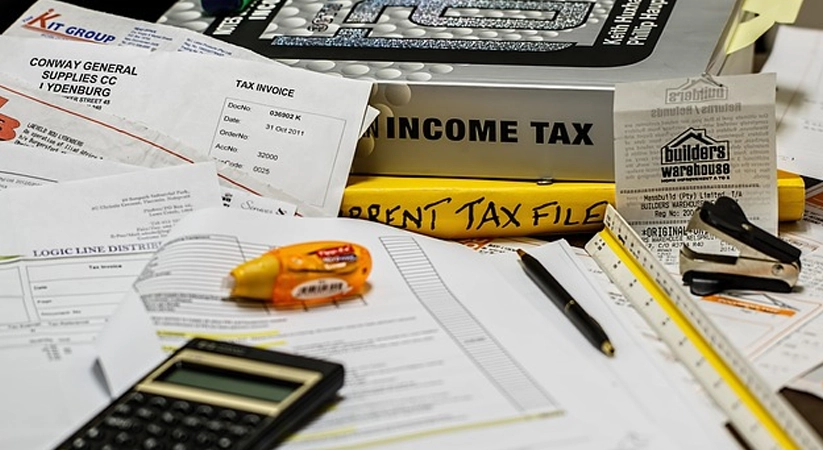The Pros and Cons of E-Filing and Paper Filing Your Taxes
Published:
Expensive printer ink, now that is the con.
This tax season, do you go with e-filing or paper filing? You can avoid some of the drawbacks to paper filing and get your tax refund faster if you e-file your taxes. Of course, there are drawbacks to any filing method, even with the electronic filing program.
E-file vs. Paper File? Ask yourself these questions before choosing to e-file:
- How complicated might my individual income tax return get? How many different types of income do you have? Your federal returns might be complicated if you have foreign investments, recently had an IRS audit, own multiple businesses, and run a cash-only laundromat like Michelle Yeoh’s character in Everything Everywhere All at Once.
- Do I have any issues with my social security number? Your electronic signature relies on a valid social security number. Your tax returns may hit a snag if you’ve recently been a victim of identity theft.
- Do I care more about getting my tax refund soon or protecting my security? You can guess whether it’s faster to paper file or e-file. You might also guess how likely it is for a hacker to steal your tax preparer’s basic filing information by paper.
Advantages of Online E-filing Federal Tax Returns
Speed. Simplicity. Accuracy. And working with the system, instead of clogging it.
One of the biggest cons to paper filing: The IRS prefers electronic filing options. If you think electronic tax returns are convenient for you, imagine it from the agency’s perspective. Imagine dozens and dozens of paper files arriving at the height of filing season, each deserving the full attention of an IRS agent and due diligence. No wonder the agency offers free, IRS-approved filing software to individual taxpayers who have an adjusted gross income of $72,000 or less. The IRS knows paper is a pain.
Paper returns mean manual data entry, which is a longer processing time and causes errors.
Electronic tax filing means your online tax return will be processed in one or two days, and the tax refund processed in two weeks. It’s sooner for simple tax returns and direct deposit. On the other hand, getting a refund from a paper tax return can take six weeks or longer, depending on how busy filing season gets.
Electronic Returns: Less of a Chance for Human Error and More Confidence
You try to file an accurate return with all the right tax forms, so how often does the filing process go awry? It depends on whether you’re using electronic or paper forms.
Estimates on the error rate for paper returns vary from 10 to 21 percent.
Estimates for the error rate for electronic tax returns also vary, but the IRS pegs it at 1 in 200 returns. Online tax returns are easier to correct, too. Most online or computer programs will automatically determine your income tax bracket, check the math on your original tax return, and catch data entry errors during the tax return preparation stage. That’s why there can be so many errors on paper returns. The IRS rules are coded into the tax software.
Accuracy is one of the best advantages of electronic filing. Another is confidence. The IRS will send email confirmation that they received your tax return if you file electronically. As a bonus, if the IRS discovers an error in your federal return, you’ll receive notice within a day or so.
E-file is the preferred filing method for individual taxpayers because electronic records are easier to manage. Taxes aren’t easy to manage, yet your financial software may draw data directly from previous federal returns.
Also, one of the biggest reasons not to file tax forms by paper is avoiding the actual paper. The cost of paper forms can be astronomical when you consider the number of people who would need to file. Electronic filing is cheap and environmentally friendly: no printer cartridges , no stamps, no gas for driving to the post office.
That said, paper returns are one of the acceptable filing options.
The Cons of E-Filing: Life’s Messy Sometimes
One of the biggest advantages to paper filing is that some tax situations are complex:
- If you recently changed your filing status.
- If you’re married, not using a joint tax return, and you live in a community property state like Texas.
- If your electronic filing software just doesn’t have a blank for whatever you need to say.
That’s not a problem for someone with simple federal tax returns.
The IRS knows real life doesn’t fit into neat little boxes. That’s one of the pros to paper filing: you can file some complicated returns to make sure you’re doing your taxes as accurately as possible. It takes more time filing by paper, sure. However, you might need a paper trail, especially if the forms and schedules you need aren’t yet supported on the e-file system.
You may be one of those people against the idea of paper filing. If you need a tax filing extension because your tax situation turned complex, the risks to paper filing might be worth braving.
Advantages of Paper Filing By Mail Can Reduce Some Risks
Some tax preparers have postulated that e-filing a return is a quicker way to a tax audit, since paper returns are more likely to sit on the shelf longer. The IRS may prefer electronic filing. However, you need to do what’s in your best interest, not the agency’s.
While electronic tax records are very convenient, they also pose a potential security risk.
With online tax preparation and filing software, it’s one more file on your computer that could conceivably be hacked, so some consideration to your computer security should be made. If you file electronically through a third-party preparer, then you have to trust that company to keep your information safe.
Look for an authorized IRS e-file provider licensed by the IRS if you’re choosing to electronically file your federal income taxes this year.



